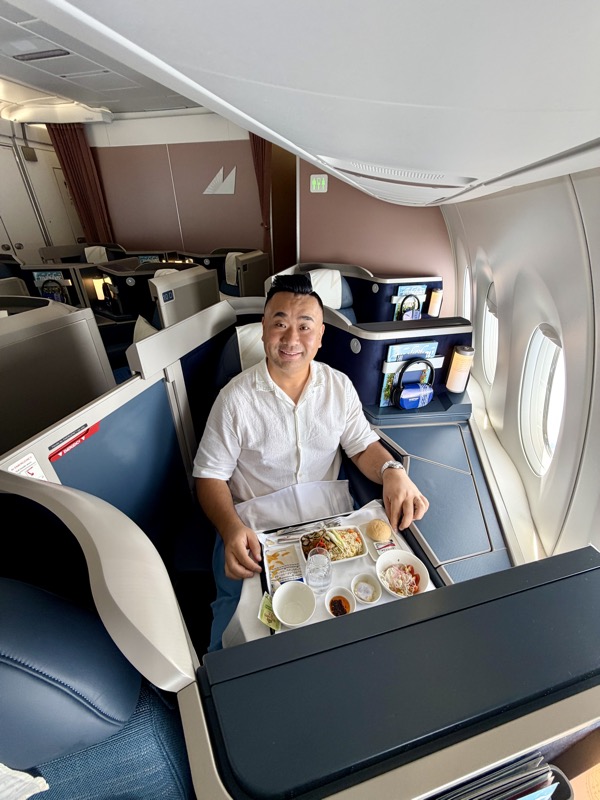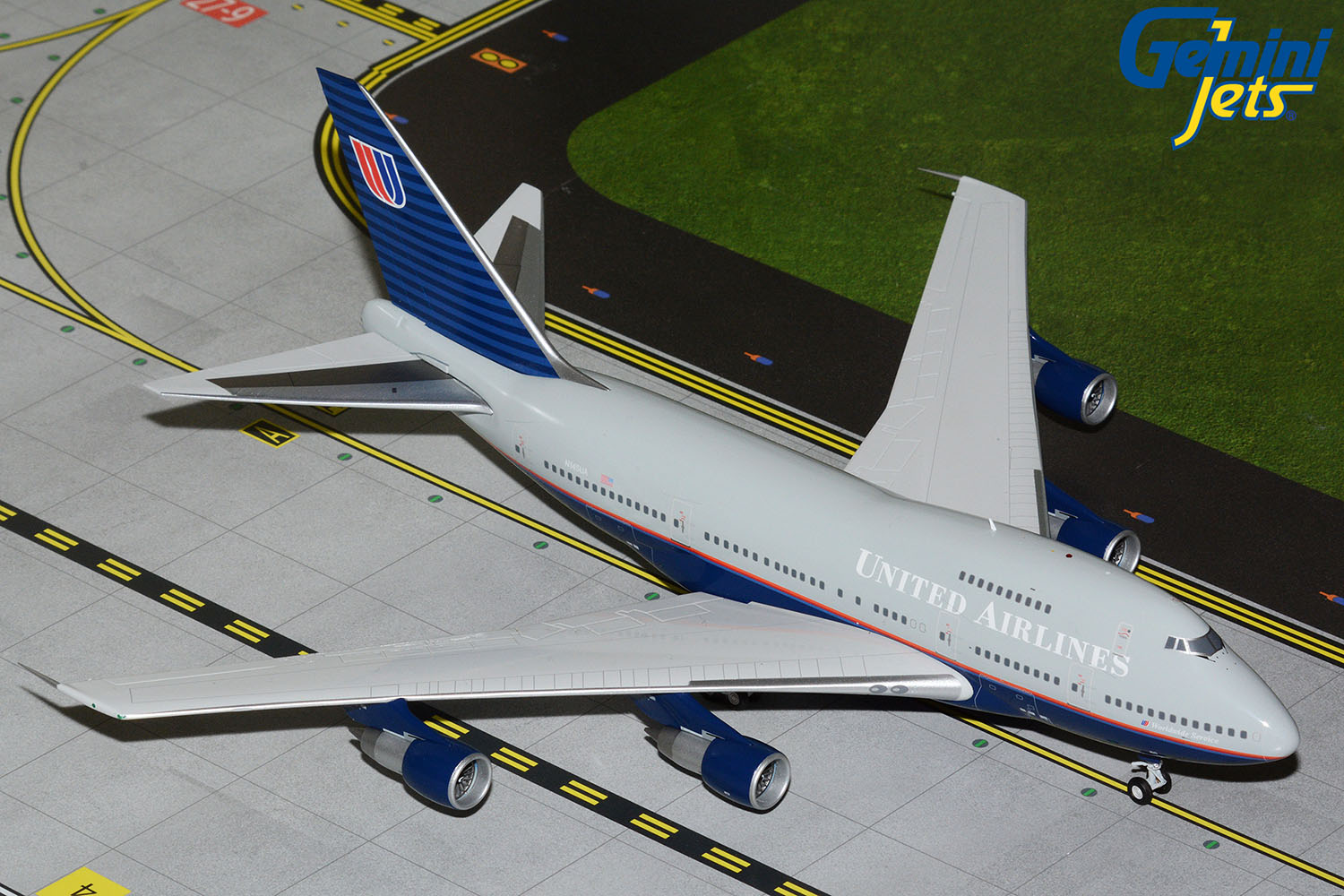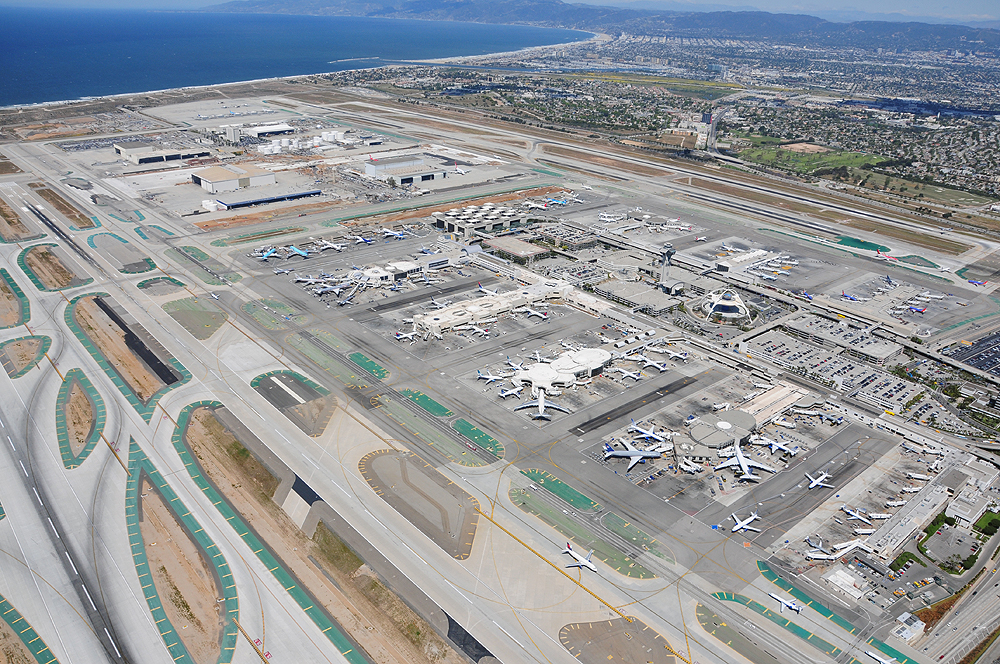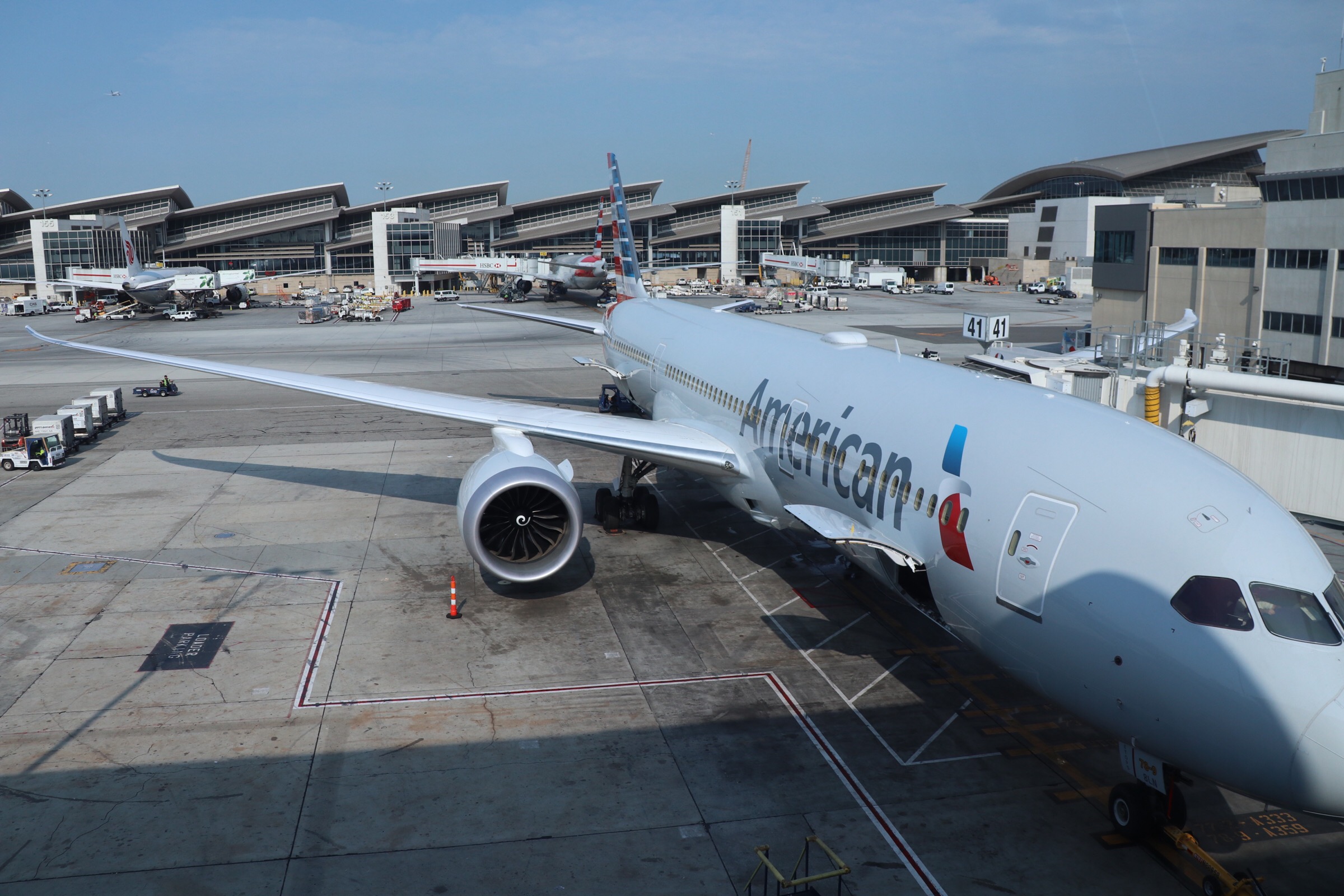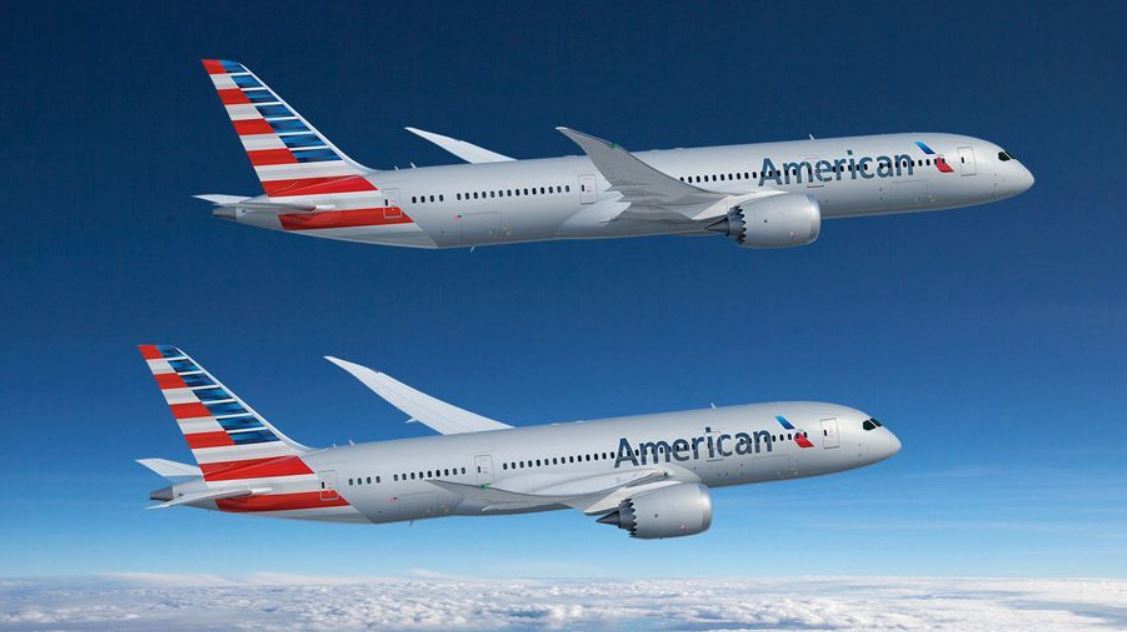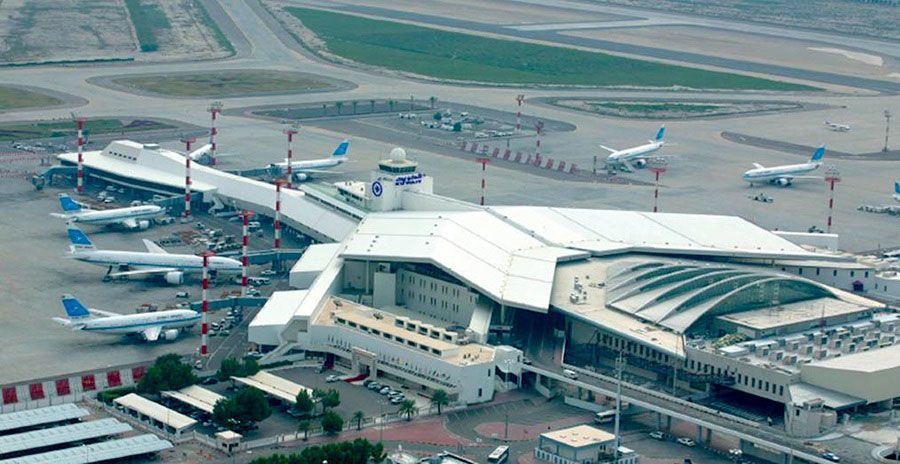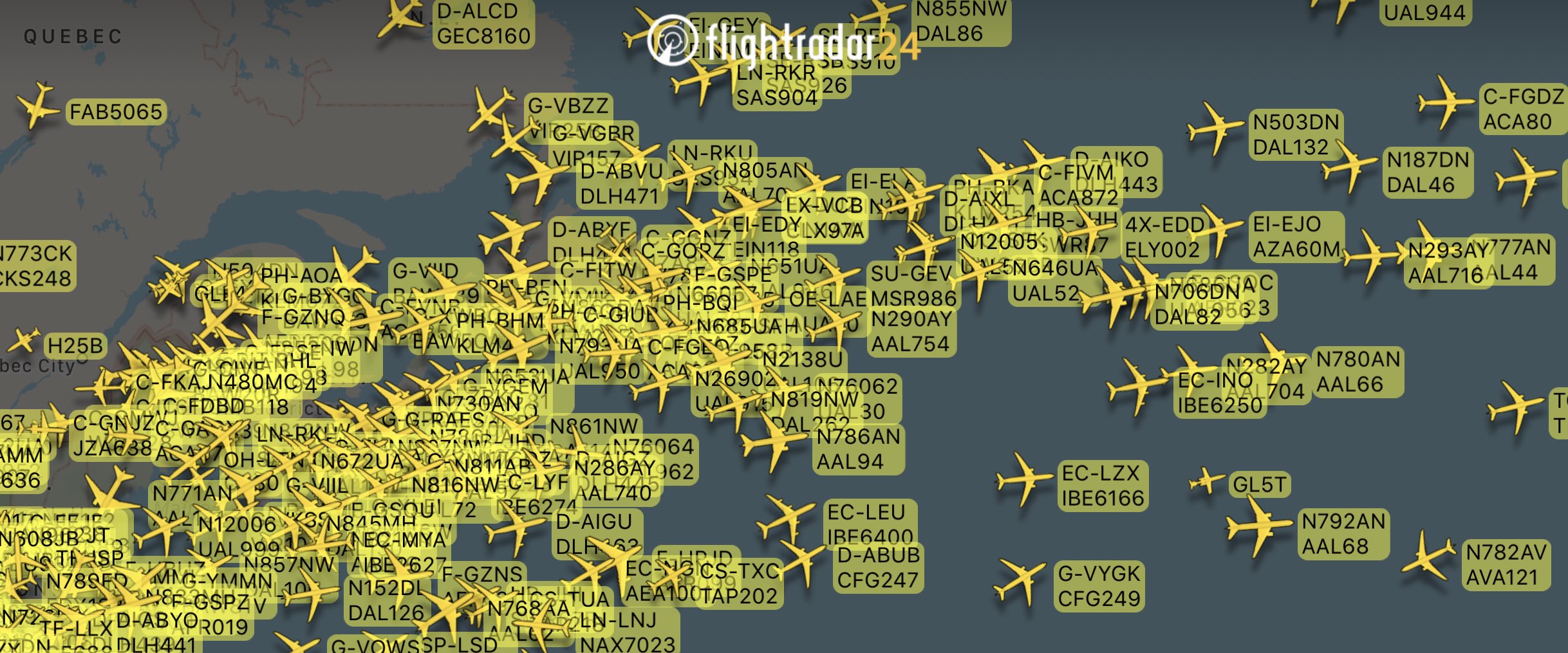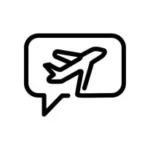The U.S. Department of Transportation’s Federal Aviation Administration (FAA) and the EUACA both decided to temporarily waive minimum slot-use requirements at the U.S and European airports, to help airlines that cancel flights due to the Coronavirus.
The EUACA is the association of all European Airport coordinators and Schedules facilitators working under the EU Airport Slots Regulation, which officially appoints Coordinators and Schedules facilitators of all EU Member States but also of the UK, Norway, Switzerland and Iceland.
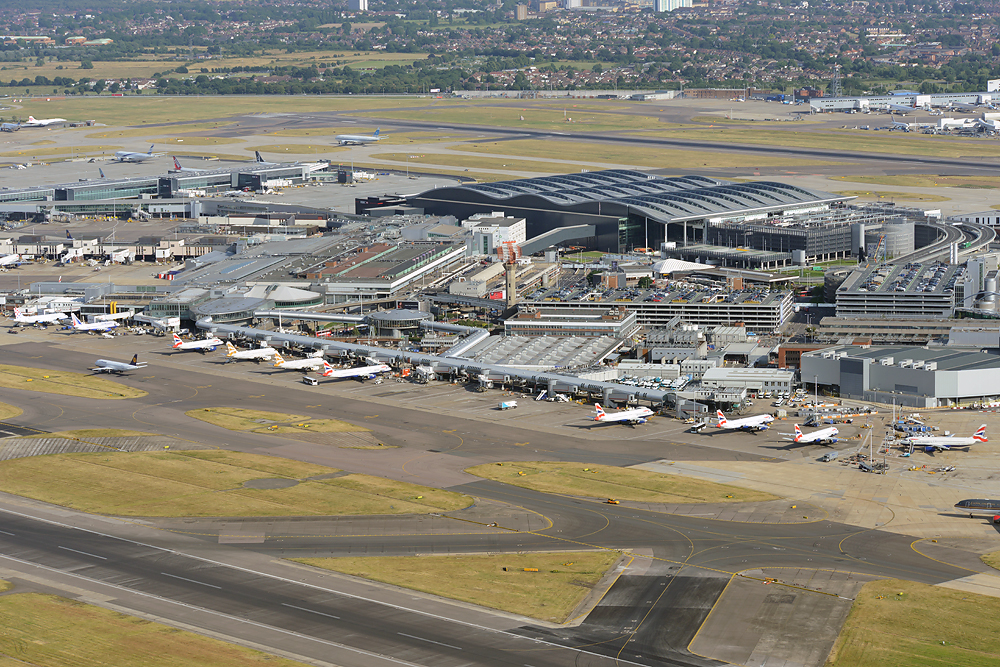
Under normal circumstances, Slot Regulation requires air carriers to use their series of slots on coordinated airports during a season; for at least at a level of 80% of the period for which the slots were allocated (the so-called “use-it-or-lose-it” rule).
Facing a sudden decrease in passenger bookings, linked to the COVID-19 outbreak in many countries of the world, air carriers are cancelling a significant number of their flights, at very congested airports, and they are concerned about the impact of these cancellations, on what is called their “historic rights” for future seasons.
The FAA is waiving the 80-percent-use requirement through 31st May 2020, for U.S. and foreign airlines that have affected flights.
EUACA members are also considering granting such a general waiver to the EU Slot Regulation’s use-it-or-lose-it rule, which is planned for, approximately, between mid-February/beginning of March 2020 until the end of June 2020 at the latest.
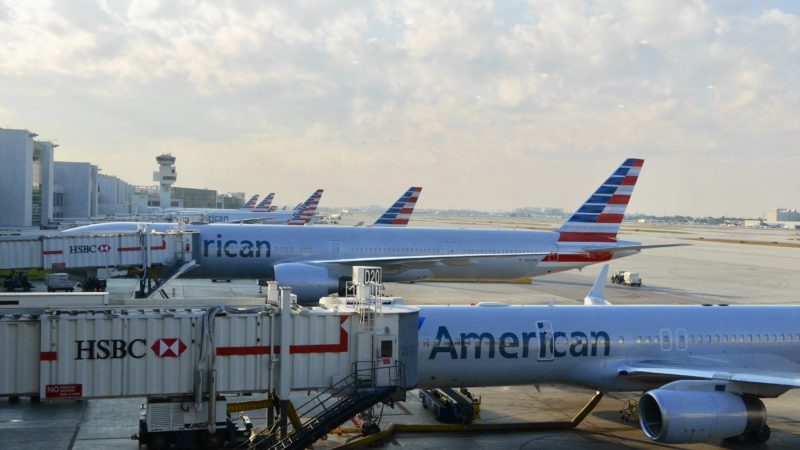
The decision to prolong the waiver should then be made by the Regulators by the end of May 2020, based on supporting data provided by the air carrier’s community.
The FAA expects that U.S. carriers will be accommodated with reciprocal relief by foreign authorities, at airports in their countries, and may determine not to grant a waiver to a foreign carrier whose home jurisdiction does not reciprocate.
This waiver of the slot usage requirement, which the FAA is publishing in the Federal Register, applies to John F. Kennedy International Airport (JFK), New York LaGuardia Airport (LGA) and Ronald Reagan Washington National Airport (DCA). At an additional four other U.S. airports, where the agency has a formal schedule review and approval process, (Chicago O’Hare International Airport (ORD), Newark Liberty International Airport (EWR), Los Angeles International Airport (LAX) and San Francisco International Airport (SFO)) the FAA will give credit to airlines for flights that were cancelled due to the Coronavirus through May 31st 2020, as though those flights had been operated, when the FAA conducts future schedule development.
The EUACA reminded that an amendment of this regulation is necessary, should the Regulator decide to grant dispensation from the use-it-or-lose-it requirement. This had already been the case in the past for the SARS outbreak, the September 11th terrorist attacks and the global financial and economic crisis.
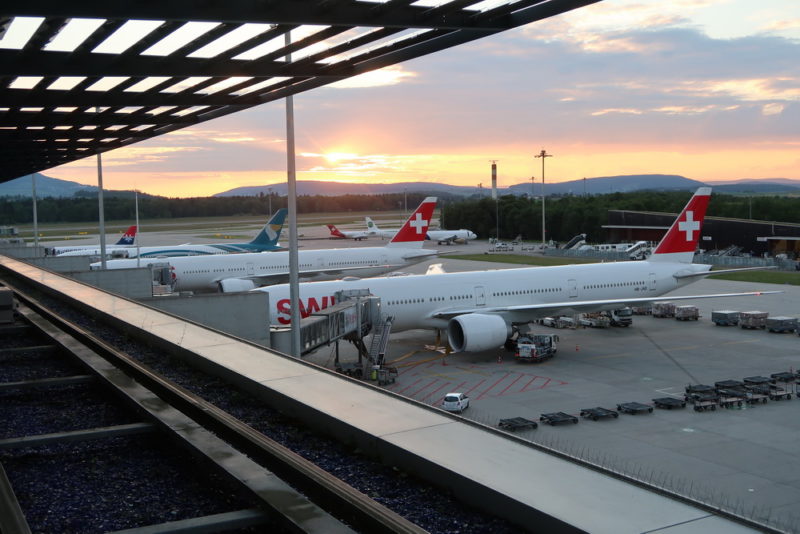
Why the Waiver is Necessary
The sudden drop of passenger bookings, due to the exceptional COVID-19 outbreak, that air carriers have been facing (on an ever-growing number of markets) is creating the following issues:
- Air carriers, not confident that they will not lose their historic rights for the next equivalent season, may fly aircraft with extremely low load factors, which is neither economically nor an environmentally good solution.
- If and when air carriers cancel their flights, accepting the risk of losing their historic rights, the cancellations are often made week by week and the corresponding airport slots cannot be efficiently reallocated.
- In the current circumstances of major market disruption, airlines could lose their historic rights without a waiver of the use-it-or-lose-it rule. Although subsequent reallocation of slots would be in keeping with the need for slot mobility, after the COVID-19 outbreak there could be significant and long-lasting changes; mainly affecting the network structure of the airport concerned and to the routes and types of services offered to passengers, which may not be consistent with the normal evolution of demand.

